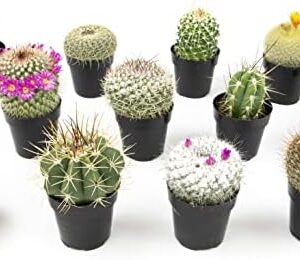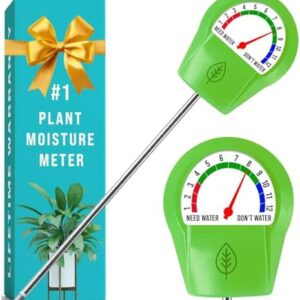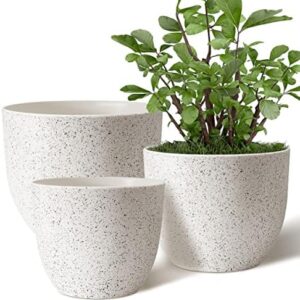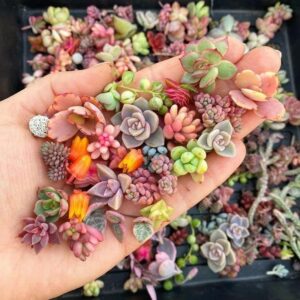As we go about our daily lives, it’s easy to forget the simple pleasures that come from connecting with the natural world. Planting seasonal vegetables and flowers is a wonderful way to rekindle that connection and reap a multitude of benefits for both ourselves and the environment.
One of the greatest benefits of planting seasonal vegetables and flowers is the opportunity to enjoy fresh, organic produce right in your own backyard. There’s nothing quite like the taste of a tomato picked ripe off the vine or the scent of freshly cut herbs from your garden. By growing your own fruits and vegetables, you can ensure that they are free from harmful pesticides and chemicals, and you can take pride in knowing exactly where your food comes from.
In addition to the culinary rewards, planting seasonal vegetables and flowers can also have a positive impact on your mental and emotional well-being. Spending time in the garden has been shown to reduce stress and anxiety, improve mood, and increase feelings of well-being. There’s something incredibly therapeutic about digging in the dirt, nurturing plants, and watching them grow and flourish under your care. It can be a grounding and meditative experience that allows you to disconnect from the stresses of daily life and reconnect with the natural world.
But the benefits of planting seasonal vegetables and flowers extend beyond just our own personal well-being. By growing your own produce, you can reduce your carbon footprint and help support sustainable agriculture practices. Industrial agriculture contributes significantly to greenhouse gas emissions, deforestation, and water pollution, but by growing your own food, you can reduce the demand for mass-produced, non-organic products that harm the environment. Additionally, planting native flowers and plants can attract pollinators like bees and butterflies, which play a crucial role in maintaining healthy ecosystems and biodiversity.
Another benefit of planting seasonal vegetables and flowers is the opportunity to learn and connect with the natural cycles of the earth. By paying attention to the changing seasons and the needs of different plants, you can deepen your understanding of the interconnectedness of all living things. You’ll gain a new appreciation for the rhythms of nature and the importance of working in harmony with the earth rather than against it.
Planting seasonal vegetables and flowers can also be a fun and rewarding way to bond with family and friends. Gardening is a great activity to do together, whether you’re planting seeds, pulling weeds, or harvesting your bounty. It can be a wonderful way to teach children about where their food comes from, instill in them a love for nature, and create lasting memories of time spent together in the garden.
Of course, planting seasonal vegetables and flowers also offers the practical benefit of saving money on groceries. By growing your own produce, you can reduce your reliance on store-bought fruits and vegetables, which can often be expensive and of questionable quality. With a little time and effort, you can have a bountiful harvest of fresh, healthy food right at your fingertips, all for a fraction of the cost of buying the same items at the store.
In conclusion, planting seasonal vegetables and flowers is a simple yet powerful way to reconnect with the natural world, improve your well-being, support sustainable agriculture, and save money. Whether you’re a seasoned gardener or a beginner, there’s no better time to start than now. So grab your shovel, roll up your sleeves, and get planting – your mind, body, and the earth will thank you.






